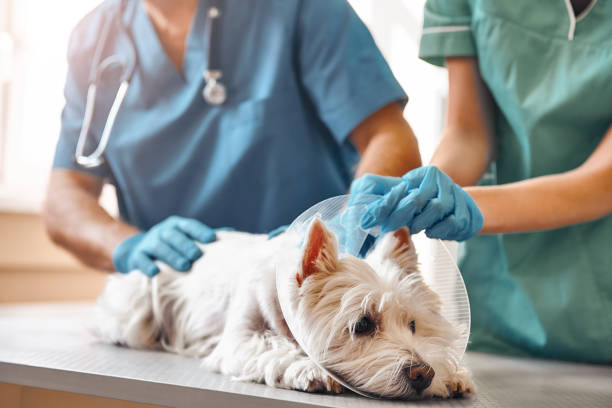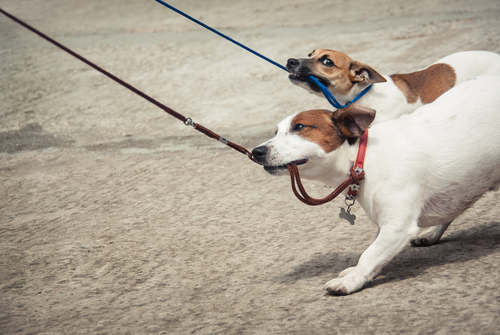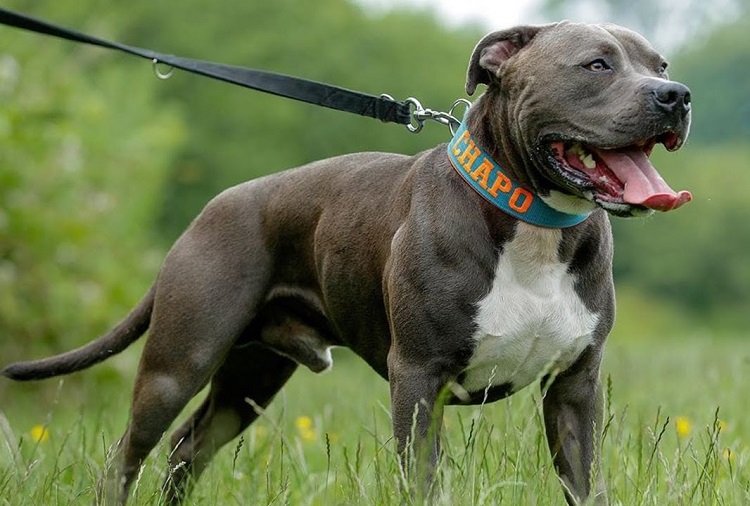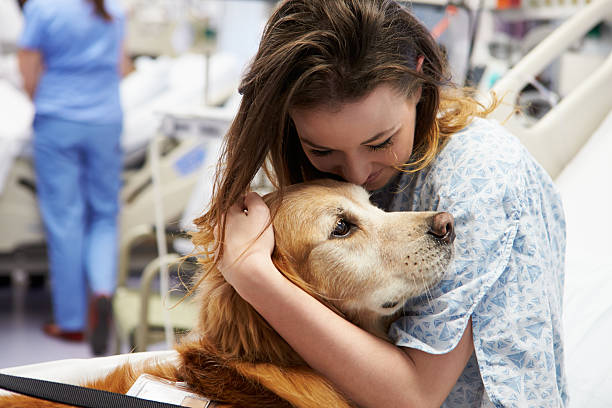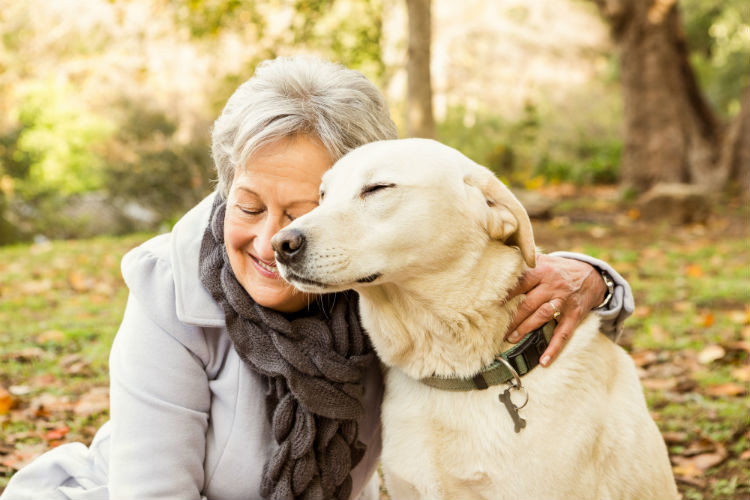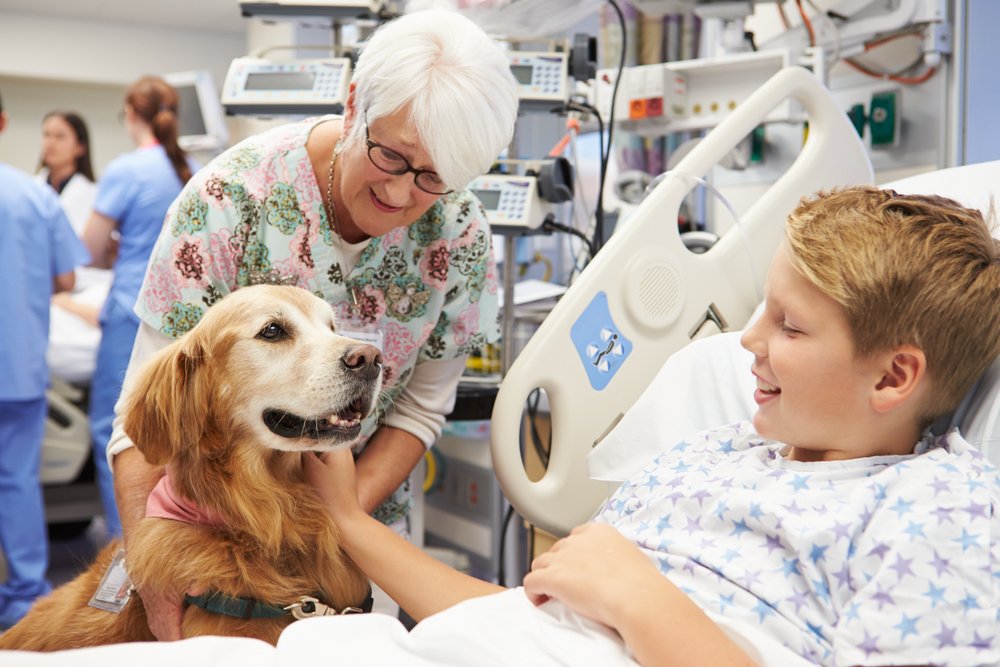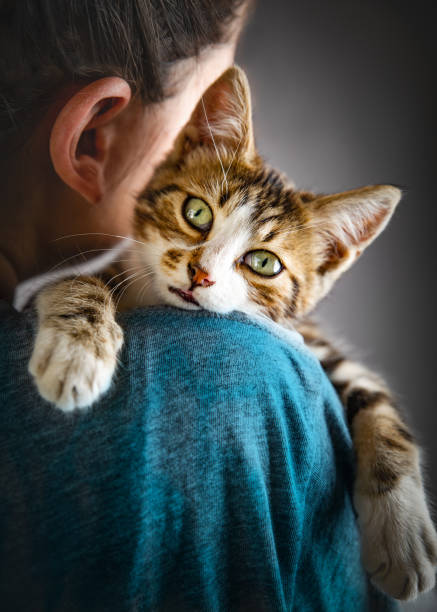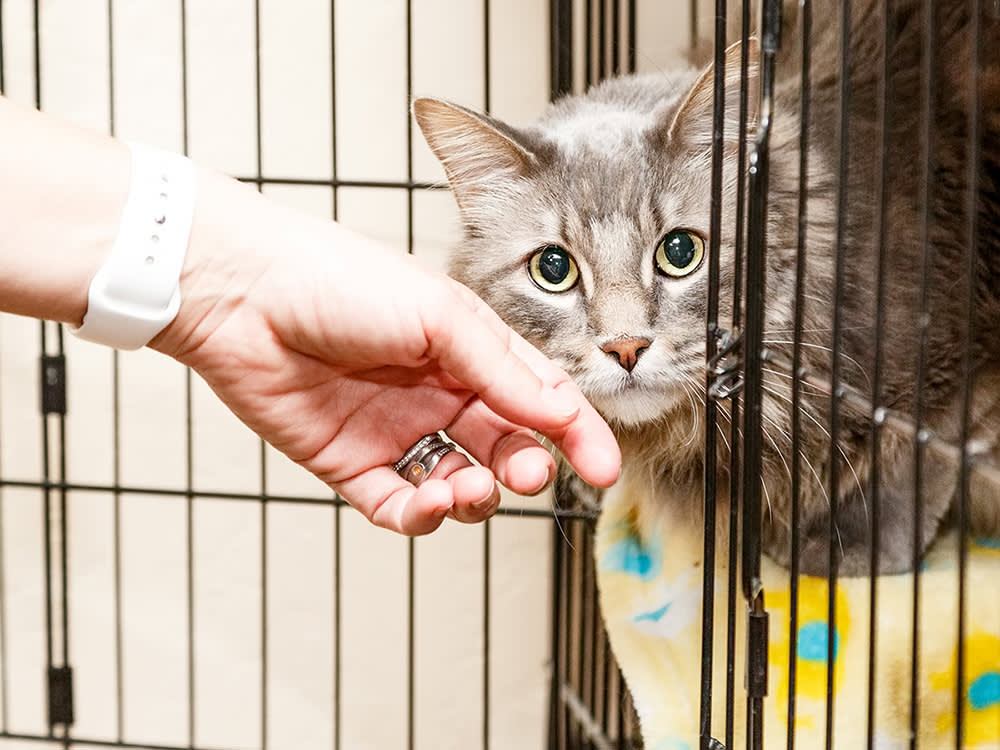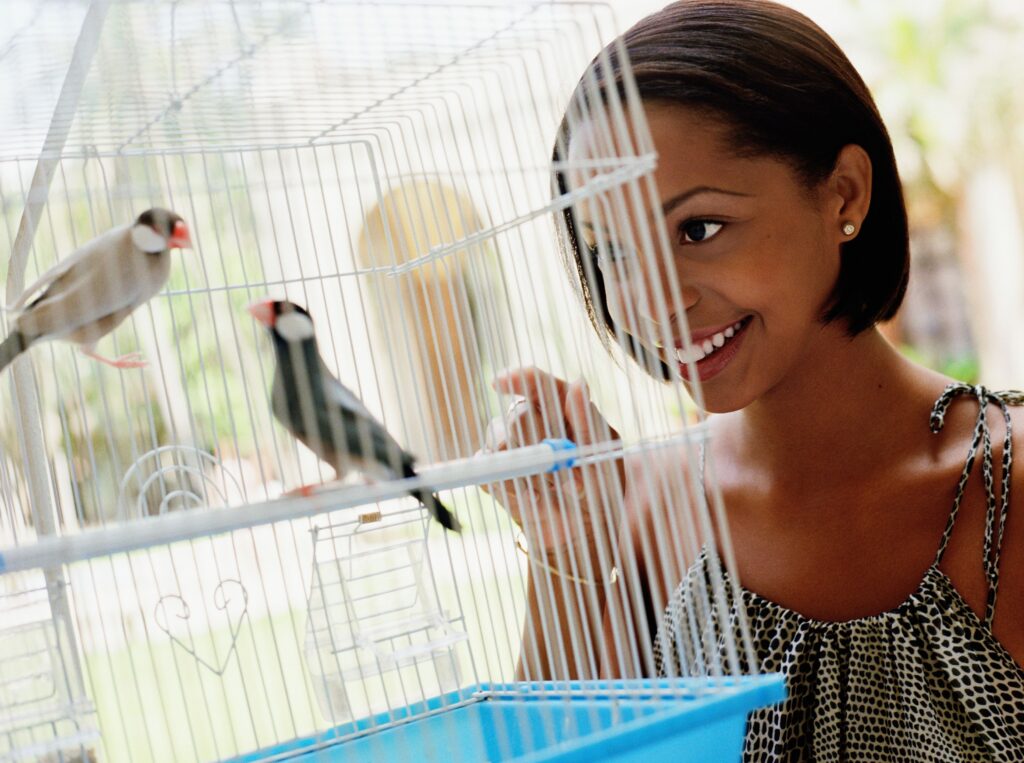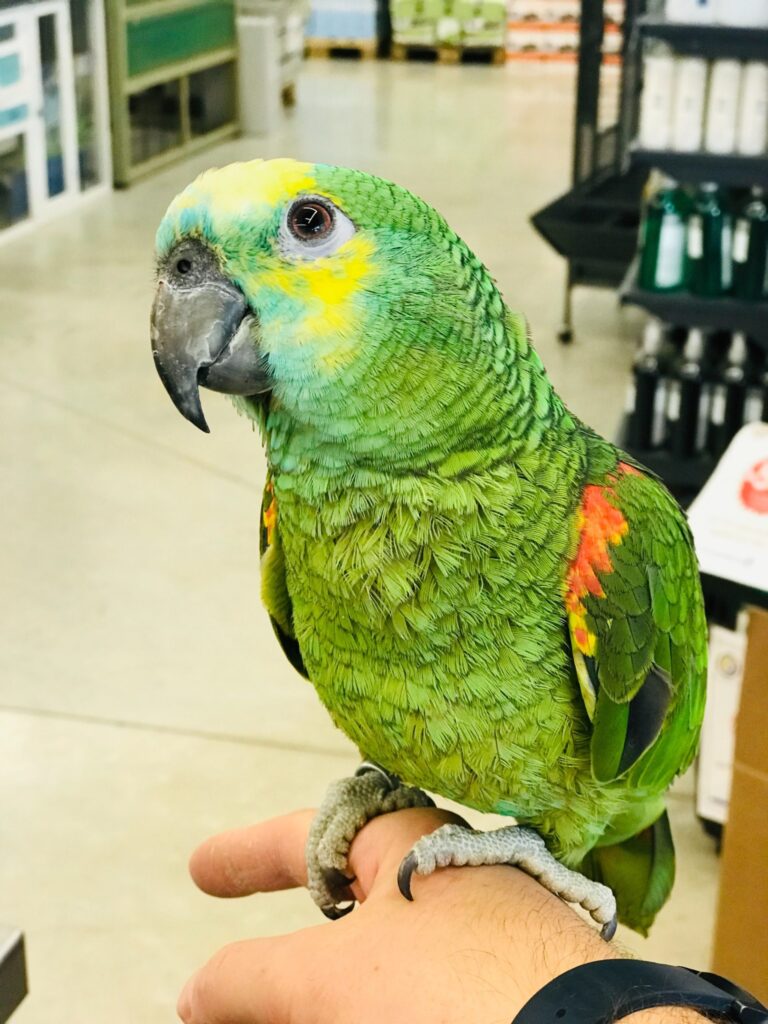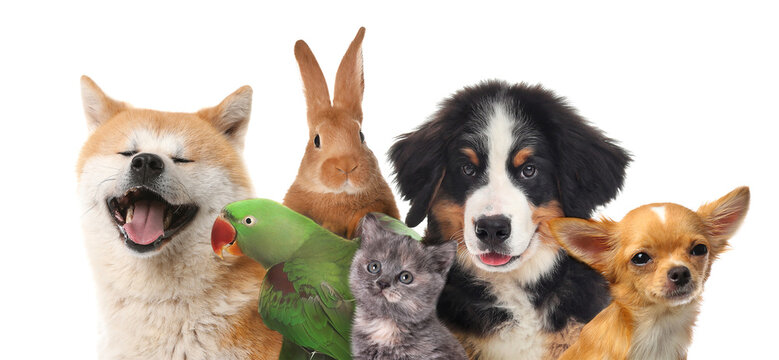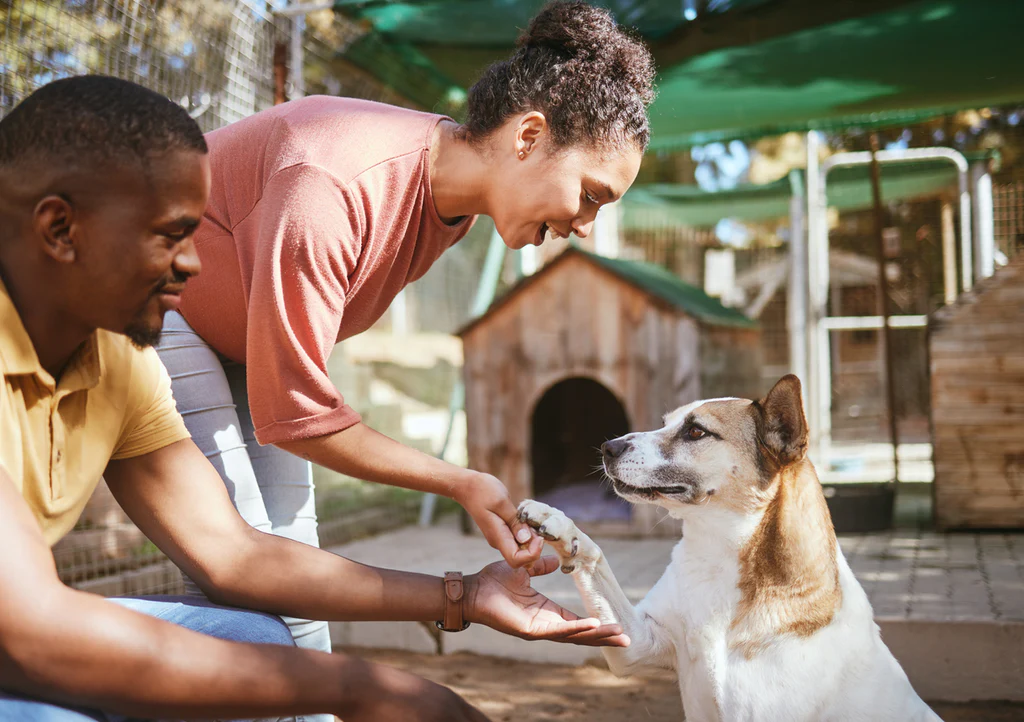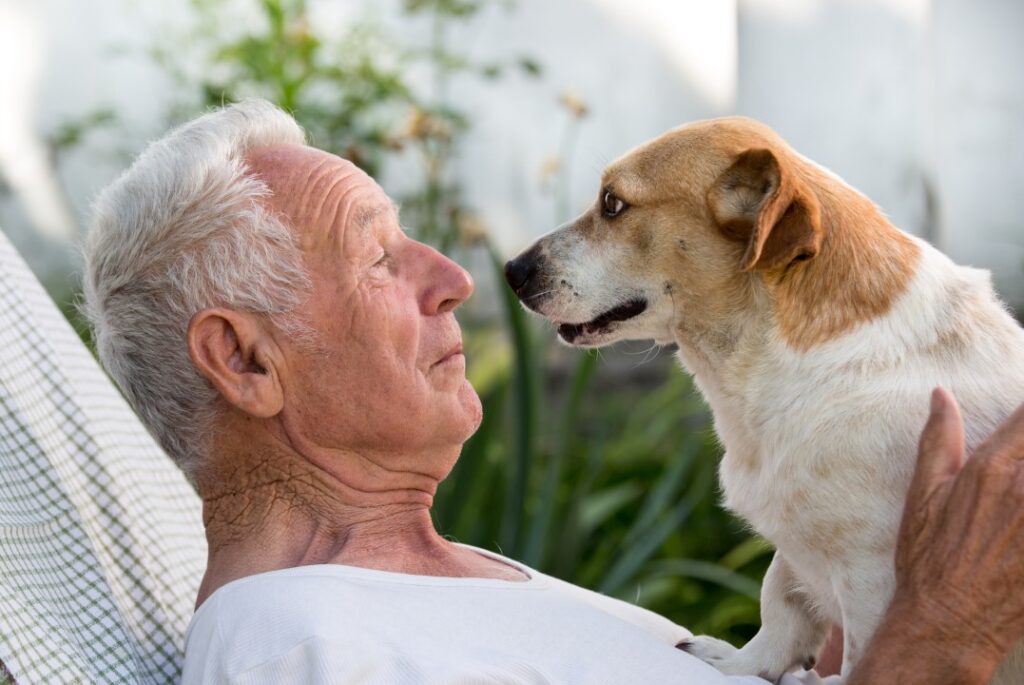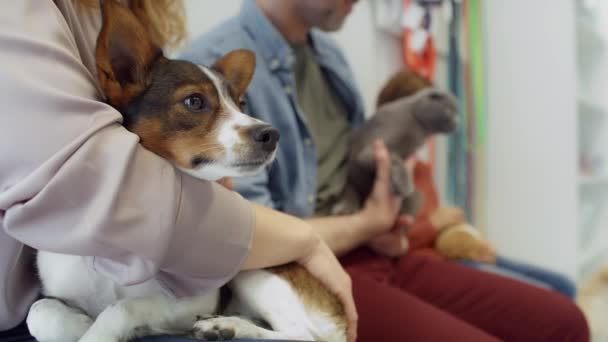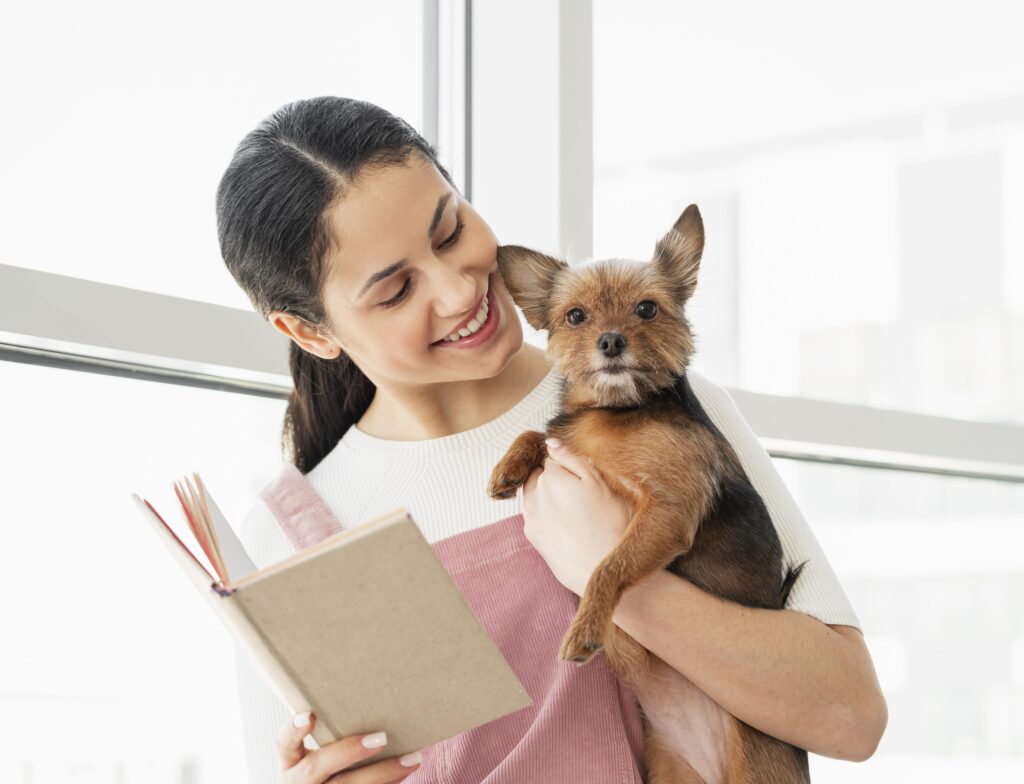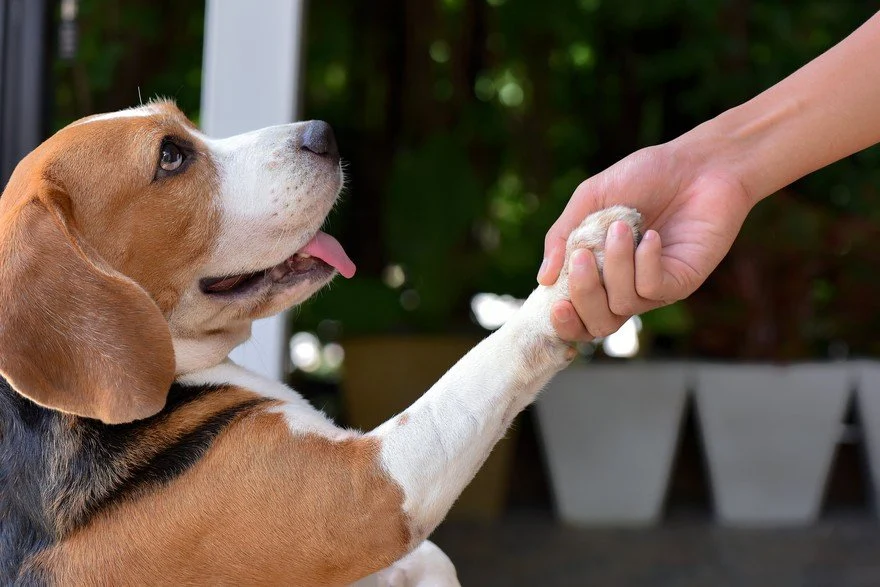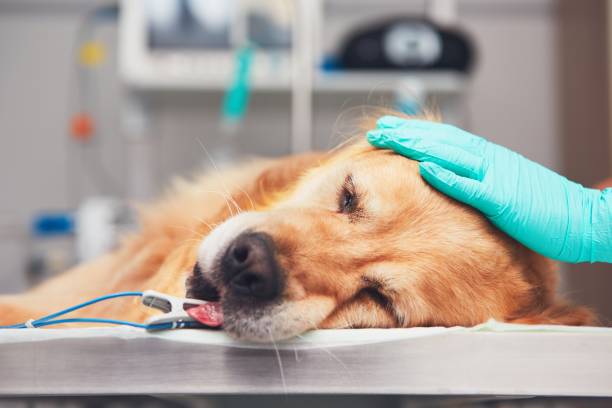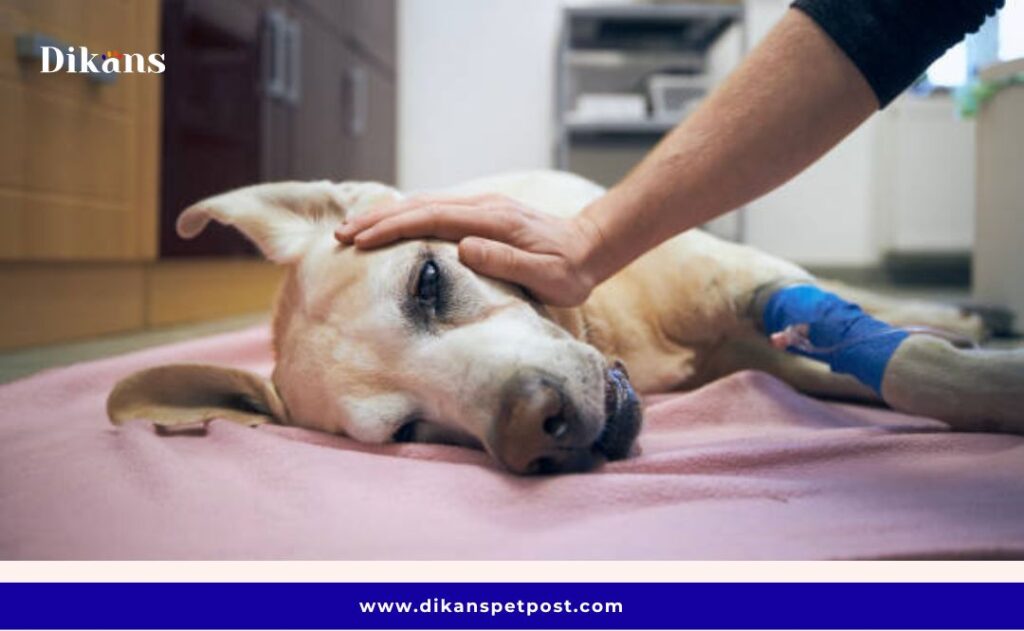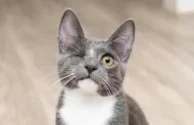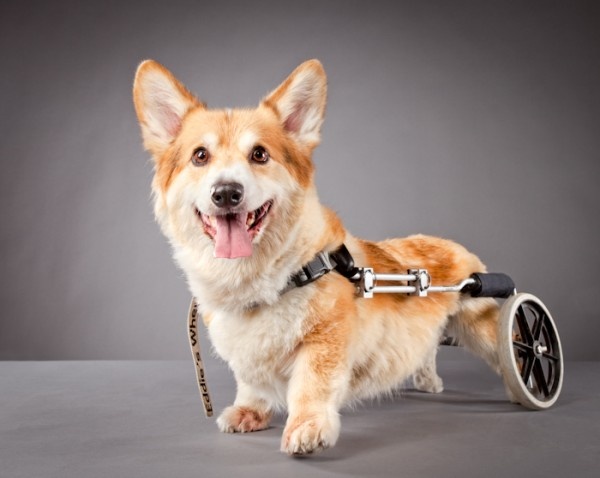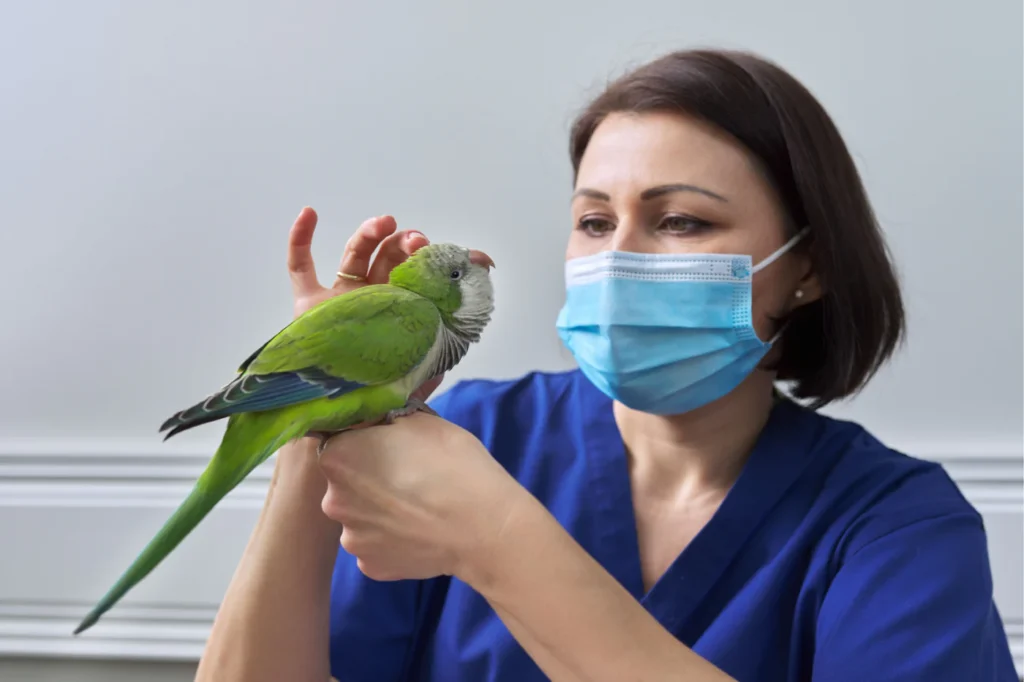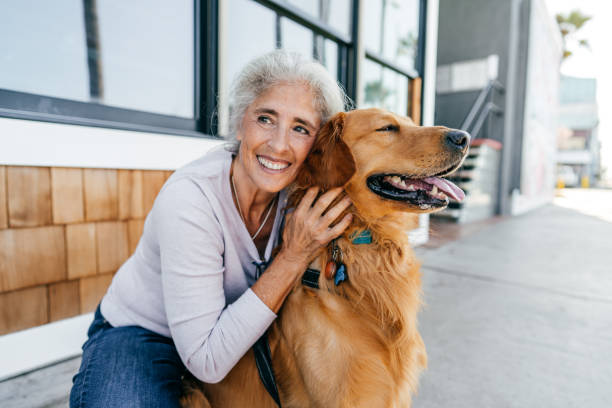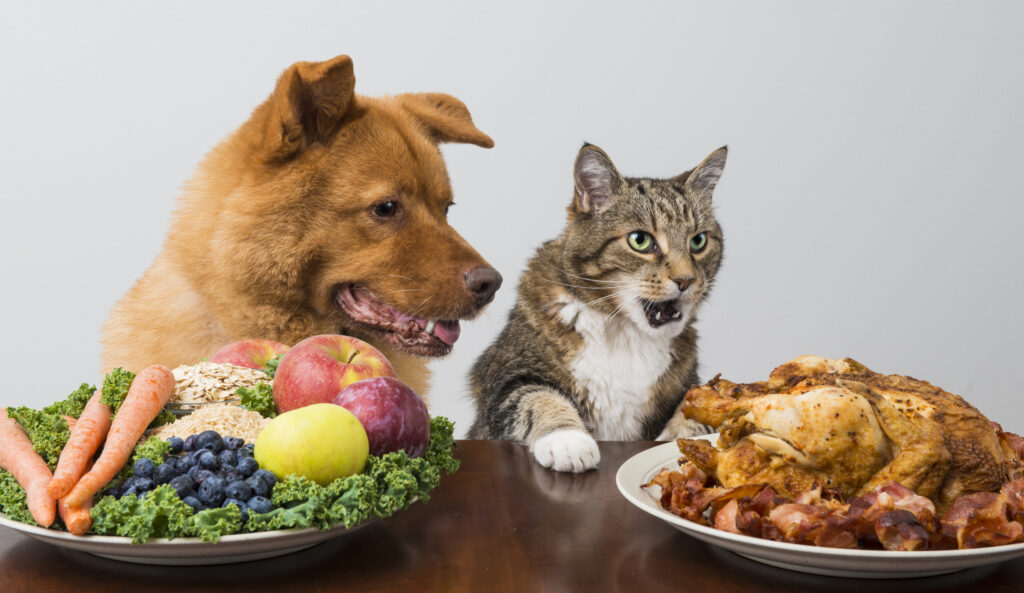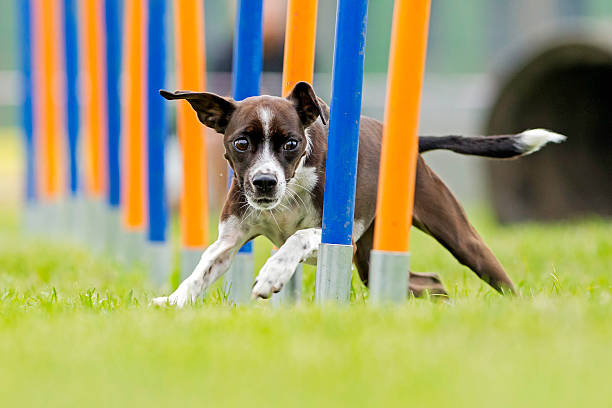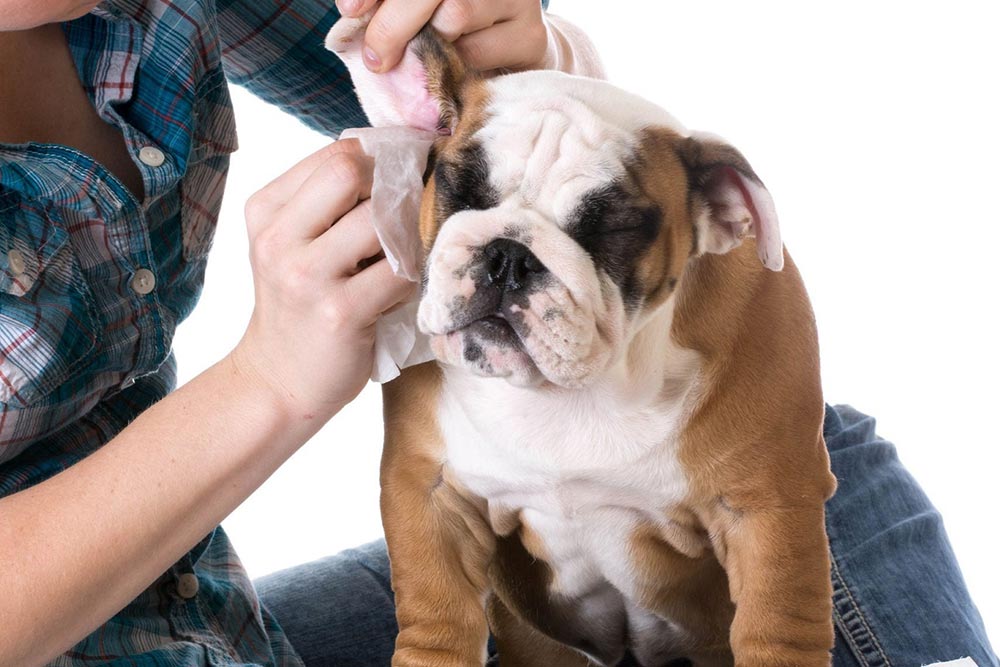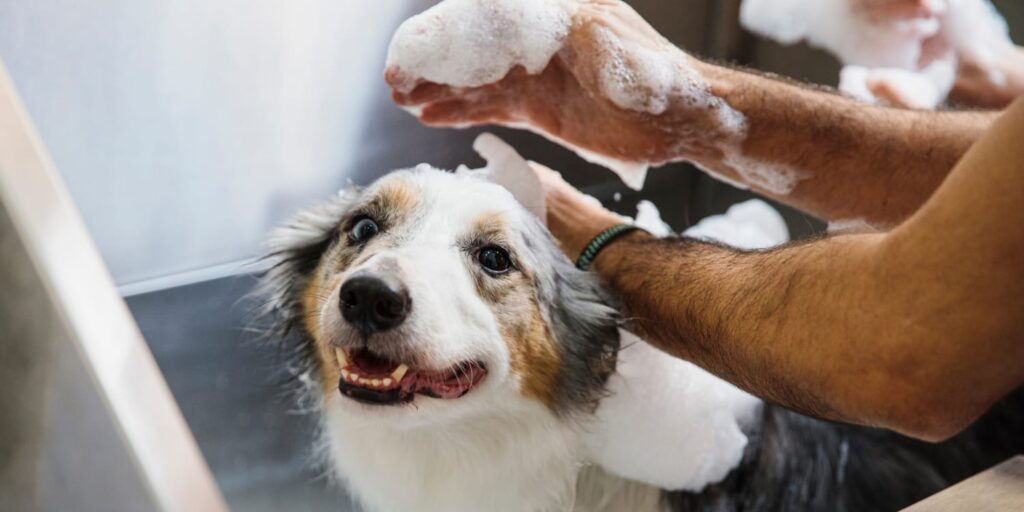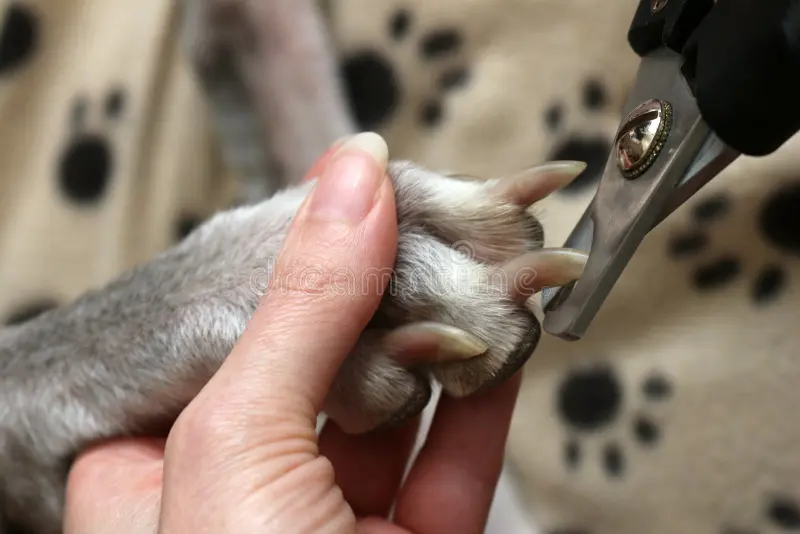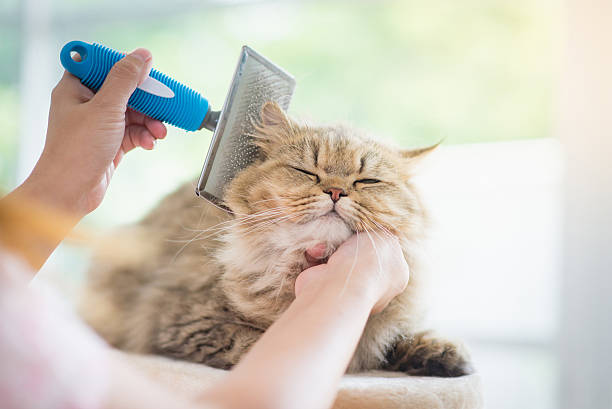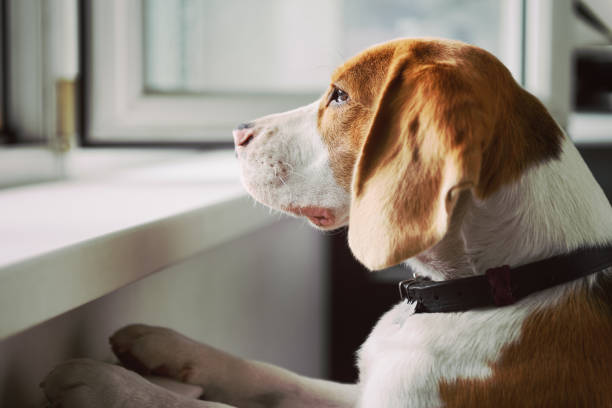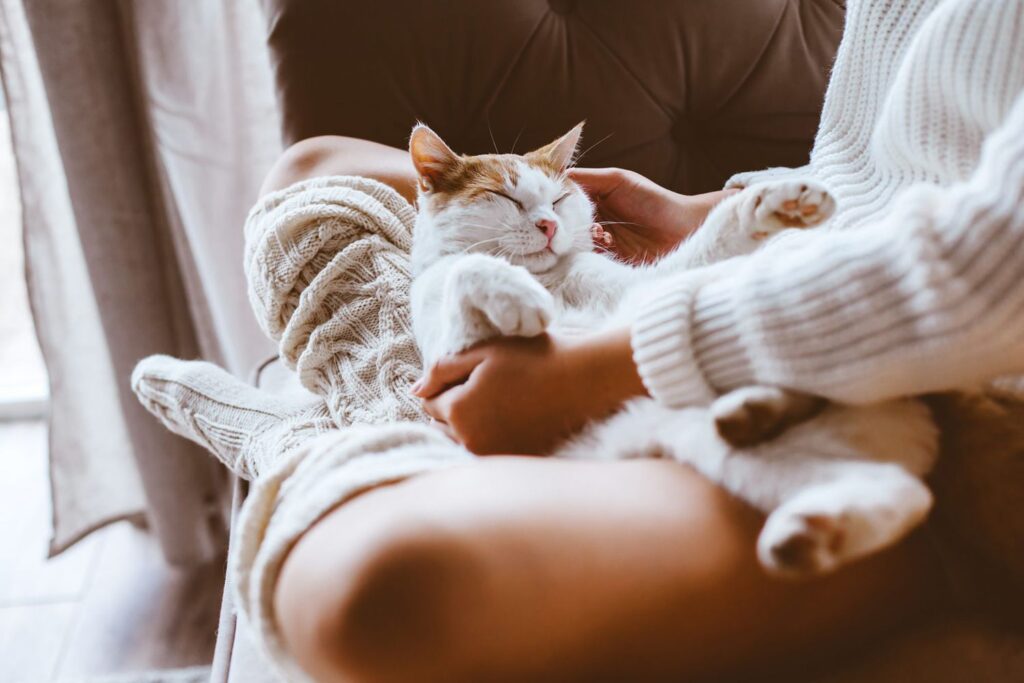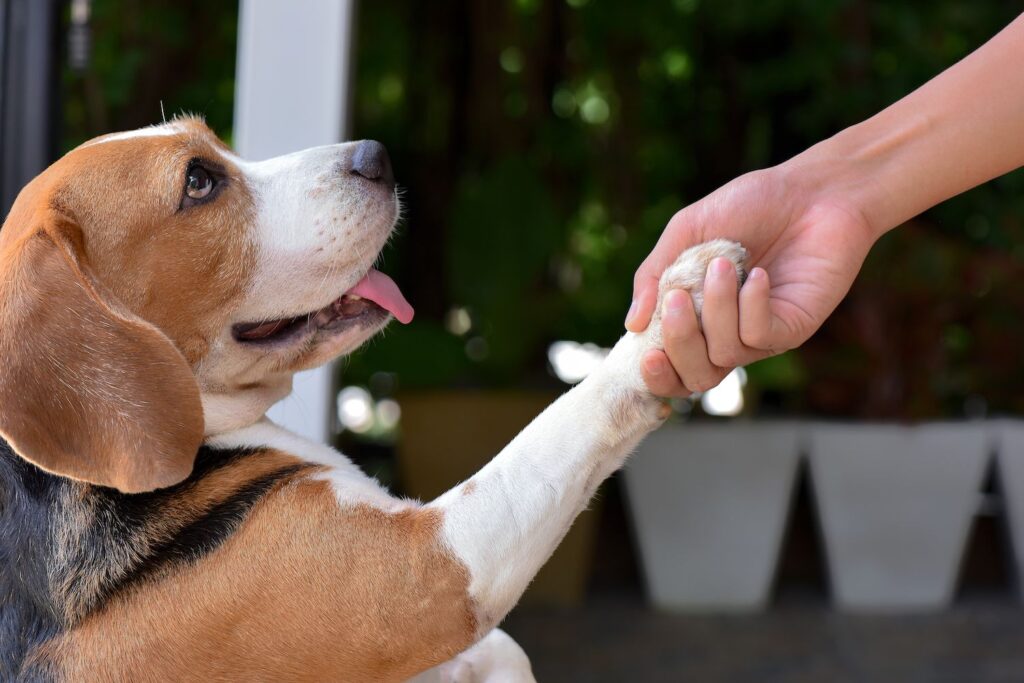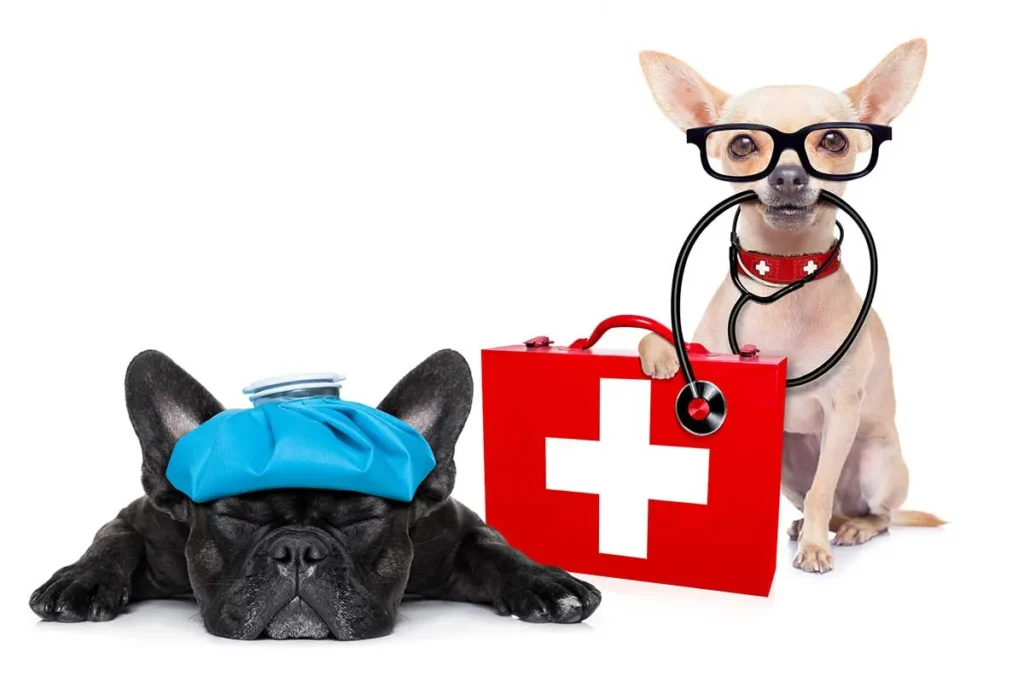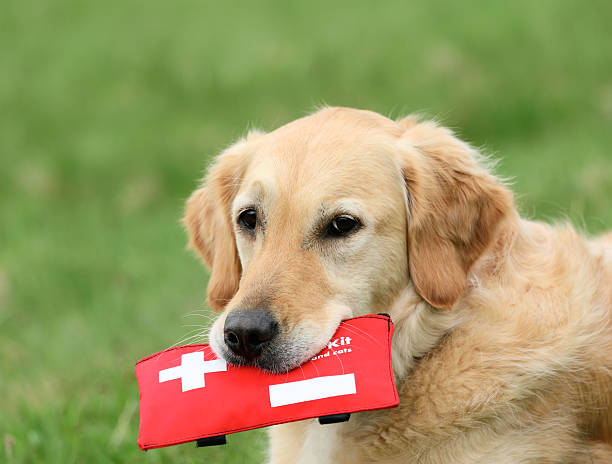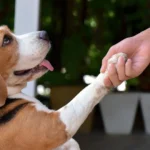Rights And Responsibilities Of Pet Owners
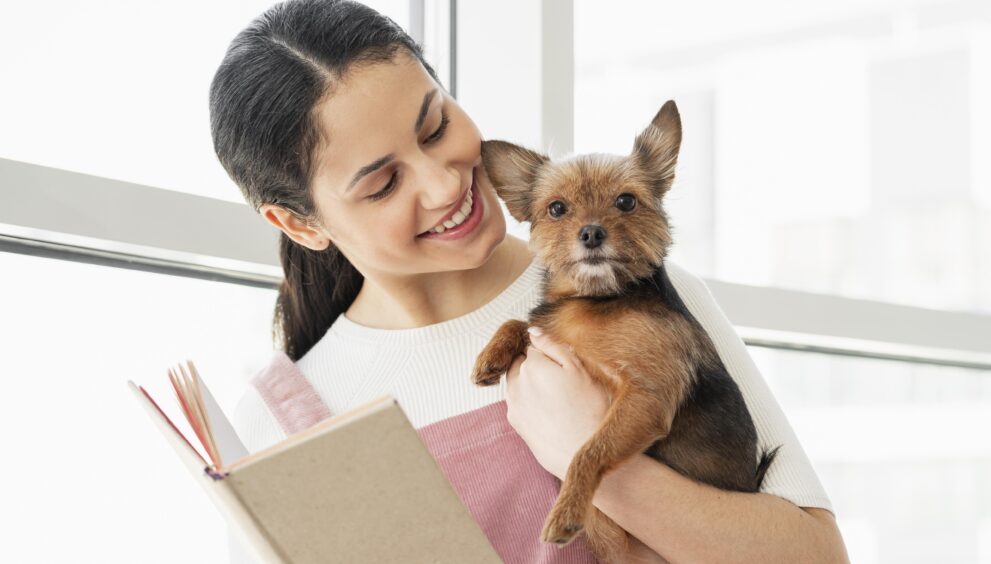
As a pet owner, it is essential to understand your rights and responsibilities toward your pets to ensure their well-being and comply with legal obligations. In this article, we will explore the legal rights and responsibilities of pet owners in details.
Pet owners have a legal obligation to provide for the welfare of their pets, including meeting their basic needs for food, water, shelter, and medical care. Additionally, pet owners are responsible for ensuring their pets do not pose a threat to public safety or the environment.
Understanding Legal Rights And Responsibilities Of Pet Owners
Legal Status of Pets
Pets occupy a unique position in the eyes of the law, being classified as property owned by their human caregivers. However, this legal categorization belies the complex and nuanced relationship between humans and their animal companions.
Here’s a closer look at the legal status of pets and the implications for their care and well-being.
Property Ownership
From a legal standpoint, pets are considered personal property, akin to inanimate objects such as furniture or vehicles.
This classification grants owners certain rights, including the ability to buy, sell, or transfer ownership of their pets.
Sentience and Welfare Needs
Despite being classified as property, pets possess sentience, they experience emotions, feel pain, and have their own unique personalities. Recognizing this, modern legal systems increasingly acknowledge the importance of considering the welfare needs of animals.
Owners have a legal obligation to provide for their pets’ basic needs, including food, water, shelter, and veterinary care.
Animal Welfare Legislation
In response to growing awareness of animal welfare issues, many jurisdictions have enacted laws and regulations aimed at protecting the rights and well-being of animals.
These laws cover various aspects of pet ownership, such as animal cruelty prevention, licensing requirements, and standards for care and housing.
Guardianship vs. Ownership
In recent years, there has been a shift in language from “pet ownership” to “pet guardianship” or “companion animal guardianship.”
This linguistic change reflects a broader societal recognition of animals as sentient beings deserving of respect and consideration, rather than mere possessions.
Legal Protections for Pets
While pets may be considered property, they are afforded certain legal protections under animal welfare laws. These protections may include provisions for the humane treatment of animals, regulations governing pet breeding and sales, and penalties for acts of animal cruelty or neglect.
Estate Planning for Pets
Recognizing the importance of pets in their owners’ lives, some jurisdictions allow for the inclusion of pets in estate planning documents, such as wills and trusts. This enables owners to make provisions for the care and well-being of their pets in the event of their incapacity or death.
Legal Considerations in Disputes
In legal disputes involving pets, courts may consider various factors, including the best interests of the animal, the nature of the owner-pet relationship, and any relevant animal welfare laws.
Disputes over pet custody, ownership, or responsibility may require careful consideration of these factors to reach a fair and equitable resolution.
Understanding the legal status of pets is essential for pet owners to fulfill their responsibilities and advocate for the welfare of their animal companions. While pets may be considered property under the law, their sentient nature demands that they be treated with care, compassion, and respect.
Legal Rights And Responsibilities Of Pet Owners
Property Rights And Responsibilities Of Pet Owners
As the legal owners of their pets, pet owners have the right to control and make decisions regarding their pets, including where they live, what medical care they receive, and how they are trained and cared for.
Medical Rights And Responsibilities Of Pet Owners
Pet owners have the right to seek medical care for their pets and make decisions regarding their treatment, including choosing healthcare providers and consenting to medical procedures on their behalf.
Right to Make Decisions for the Pet
Pet owners have the authority to make decisions in the best interests of their pets, including decisions about their welfare, living arrangements, and end-of-life care.
Rights And Responsibilities Of Pet Owners Toward Pets
Providing Adequate Food and Water
Pet owners are responsible for providing their pets with a nutritionally balanced diet and access to clean, fresh water at all times.
Ensuring Shelter and Protection
Pet owners must provide their pets with shelter from the elements and protection from harm, including extreme weather conditions, predators, and hazards in the environment.
Offering Veterinary Care
Pet owners are required to ensure their pets receive necessary veterinary care, including vaccinations, preventive treatments, and medical attention when sick or injured.
Providing Exercise and Mental Stimulation
Pet owners must provide their pets with opportunities for exercise and mental stimulation to maintain their physical and mental well-being.
Maintaining a Safe Environment
Pet owners must create and maintain a safe environment for their pets, free from hazards, toxins, and other dangers that could cause harm.
Preventing Harm and Neglect
Pet owners have a duty to prevent harm and neglect to their pets, including protecting them from abusive or neglectful situations and addressing any health or welfare concerns promptly.
Legal Consequences of Neglect or Abuse
Criminal Charges
Pet owners who fail to fulfill their duty of care may face criminal charges, including animal cruelty, neglect, or abuse, which can result in fines, imprisonment, or other legal penalties.
Civil Lawsuits
In addition to criminal charges, pet owners may also be subject to civil lawsuits filed by individuals or organizations seeking damages for harm caused by their negligence or mistreatment of their pets.
Understanding Rights And Responsibilities Of Pet Owners
Educate Yourself About Pet Care
As a responsible pet owner, it is crucial to be well-informed about all aspects of pet care to ensure the health, happiness, and well-being of your Pet.
From nutrition to grooming, exercise, and training, each component plays a vital role in providing the best possible care for your pet.
Nutrition
Proper nutrition is the cornerstone of good health for pets. Just like humans, pets require a balanced diet that provides essential nutrients to support their overall well-being.
When choosing pet food, look for high-quality options that are formulated to meet your pet’s specific nutritional needs. Consider factors such as age, breed, size, and activity level when selecting the right food for your pet.
Consult with your veterinarian to determine the best diet plan for your Pet and avoid overfeeding, as obesity can lead to various health problems.
Grooming
Regular grooming is essential for maintaining your pet’s hygiene and appearance. Depending on the type of pet you have, grooming tasks may include brushing their fur, trimming their nails, cleaning their ears, and bathing them regularly.
Establishing a grooming routine early on can help your pet become accustomed to the process and make it more manageable for both of you.
Additionally, grooming sessions provide an excellent opportunity to bond with your pet and monitor their overall health, such as checking for skin abnormalities or signs of parasites.
Exercise
Physical activity is vital for keeping pets healthy and happy. Dogs, in particular, require regular exercise to maintain a healthy weight, prevent behavioral issues, and stimulate their minds.
Make time for daily walks, play sessions, or interactive games to keep your pet active and engaged. Cats also benefit from exercise, whether through interactive toys, scratching posts, or designated playtime.
Tailor your pet’s exercise routine to their individual needs and abilities, and always supervise them during outdoor activities to ensure their safety.
Training
Training is an essential part of pet ownership that promotes good behavior and strengthens the bond between you and your pet.
Basic obedience training, such as teaching commands like sit, stay, and come, is essential for effective communication and control. Positive reinforcement techniques, such as treats and praise, are highly effective in encouraging desired behaviors and discouraging undesirable ones.
Consistency, patience, and repetition are key elements of successful training, so be prepared to invest time and effort into your pet’s education.
Health Rights And Responsibilities Of Pet Owners
Regular Veterinary Check-Ups
Regular veterinary check-ups are indispensable for ensuring the optimal health and well-being of your beloved pet. These routine visits are not just about addressing existing medical issues; they play a crucial role in preventive care and early detection of potential health problems.
Monitoring Health
Just like humans, pets require regular health assessments to detect any underlying issues that might not be apparent to the untrained eye. During these check-ups, veterinarians conduct thorough examinations, including physical assessments, to evaluate your pet’s overall health status.
Early Detection of Health Issues
Timely detection of health issues is paramount in ensuring effective treatment and management. Regular check-ups enable veterinarians to detect signs of illness or disease in their early stages when they are more manageable and potentially less costly to treat.
Customized Preventive Care
Veterinarians develop personalized preventive care plans tailored to your pet’s specific needs based on factors such as age, breed, lifestyle, and medical history.
These plans typically include vaccinations, parasite control, dental care, and nutrition recommendations.
Vaccinations
Vaccinations are crucial for protecting your pet against common infectious diseases. During veterinary check-ups, veterinarians review your pet’s vaccination status and administer any necessary vaccines to ensure they are adequately protected.
Dental Health
Dental problems are prevalent in pets and can lead to serious health issues if left untreated. Regular check-ups include dental examinations to assess the condition of your pet’s teeth and gums, as well as recommendations for dental care and professional cleanings.
Nutritional Counseling
Proper nutrition is essential for maintaining your pet’s overall health and vitality. Veterinarians offer valuable nutritional counseling during check-ups, advising you on the appropriate diet and feeding practices to meet your pet’s specific dietary requirements.
Behavioral Assessment
Veterinary check-ups also provide an opportunity to address behavioral concerns or changes in your pet’s demeanor. Veterinarians can offer guidance and recommendations for managing behavioral issues through training and environmental enrichment.
Senior Pet Care
As pets age, their health needs change, requiring specialized care tailored to their senior years. Regular check-ups become even more critical for senior pets to monitor age-related conditions such as arthritis, dental disease, and organ function.
Nutritional Rights And Responsibilities Of Pet Owners
Feed your pet a balanced diet appropriate for their species, age, and health status, and provide opportunities for regular exercise and mental stimulation to keep them healthy and happy.
Create a Safe and Enriching Environment
Designate a safe space for your pet to live and play, free from hazards, and provide them with toys, activities, and social interaction to enrich their environment.
Conclusion on Rights And Responsibilities Of Pet Owners
As pet owners, we have both legal rights and responsibilities to ensure the well-being of our beloved companions.
It is important to keep only the type and number of pets for which you can provide appropriate food, water, shelter, health care and companionship. Commit to the relationship for the life of your pet(s). Provide appropriate exercise and mental stimulation. Properly socialize and train your pet.
By understanding and fulfilling our duty of care toward our pets, we can provide them with the love, protection, and support they need to live happy and healthy lives.




